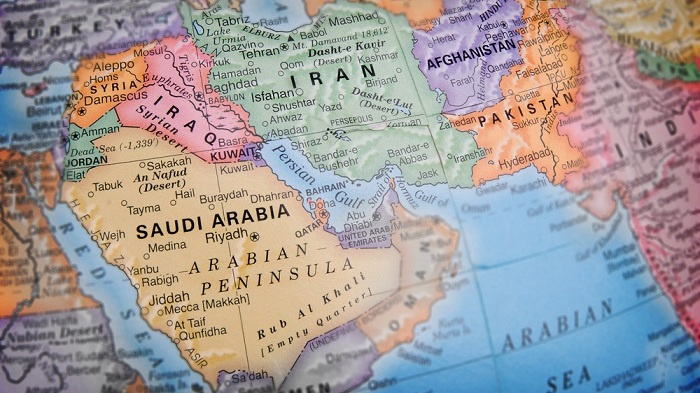WWI Redeux? Middle East in the Age of Uncertainty

By: Massoud Rezaei
The rapid pace of political shifts in the Middle East of these years is striking. Friendships and hostilities have become surprisingly mercurial, expiring not in decades or years, but months. Alliances and splits are shakier than ever. The Middle East has now stepped into a phase of vagueness for which Turkey and Saudi Arabia are been the main agents.
The Arab Spring, post-Qaddafi turmoil in Libya, domestic war in Syria and Iraq, rise of terrorist groups such as Daesh and Nusrat front, Iran's increasing support for its regional allies, Turkey's proactive neo-Ottoman policy, Saudi-led war on Yemen, and the historical nuclear deal between Iran and six world powers have increasingly complicated this state of uncertainty. Add to this mess a convergence between Israel on the one hand, and Arab states and Turkey on the other.
Washington has played a dual, complicated role in these developments. On the one hand, it leads a broad alliance in the Middle East that revolves around confronting Iran and undermining its security. On the other hand, the chaos in the Middle East has reduced the United States libido for intervention in the region. White House allies, aware of this lack of enthusiasm, are tempted to follow a more aggressive policy in the region.
Turkey was the first country to trigger the new trend in 2010, when it backed the Sunni-dominated al-Iraqiya list in 2010 parliamentary elections in Iraq vis-à-vis Nuri Maliki's Iran-backed State of Law coalition. Ankara followed this policy of backing its favorite factions in other countries with its support for Syrian rebels in hope of forming a Muslim Brotherhood Belt in the Middle East.
Saudi Arabia's regional policies have left a stronger trace however. Since ascending to the throne, King Salman, along with his ambitious son Muhammad, have followed a line of powerful confrontation, not only towards the Houthis in Yemen, but also towards Iran, another regional power that is intent to cement its influence across the Middle East, particularly after conclusion of the nuclear deal. In the recent months, Riyadh has also approached Tel Aviv in an attempt to make up for what it lacks in strategic and military areas, and in the hope of taking advantage of Israel's powerful lobby in the corridors of power in Washington. However, it is clear that Israel takes an instrumental approach towards Saudi Arabia and is not willing to pay a price for Riyadh's regional ambitions.
The substantial shift in policies of Turkey and Saudi Arabia have sharply cut the half-life of friendships and hostilities in the Middle East, ushering in an era of uncertainty. These developments have serious implications for all regional actors, including Iran. In one sense, Ankara and Riyadh have succeeded in turning the Middle East into a replica of the pre-WWI Europe. But in Middle East, a new chapter could not be turned without a dear price.
* The piece was originally published in Iranian Diplomacy Persian. The translation is an abridged version of the original piece. Massoud Rezaei is an adjunct researcher in Center for Scientific Research and Middle East Strategic Studies.

